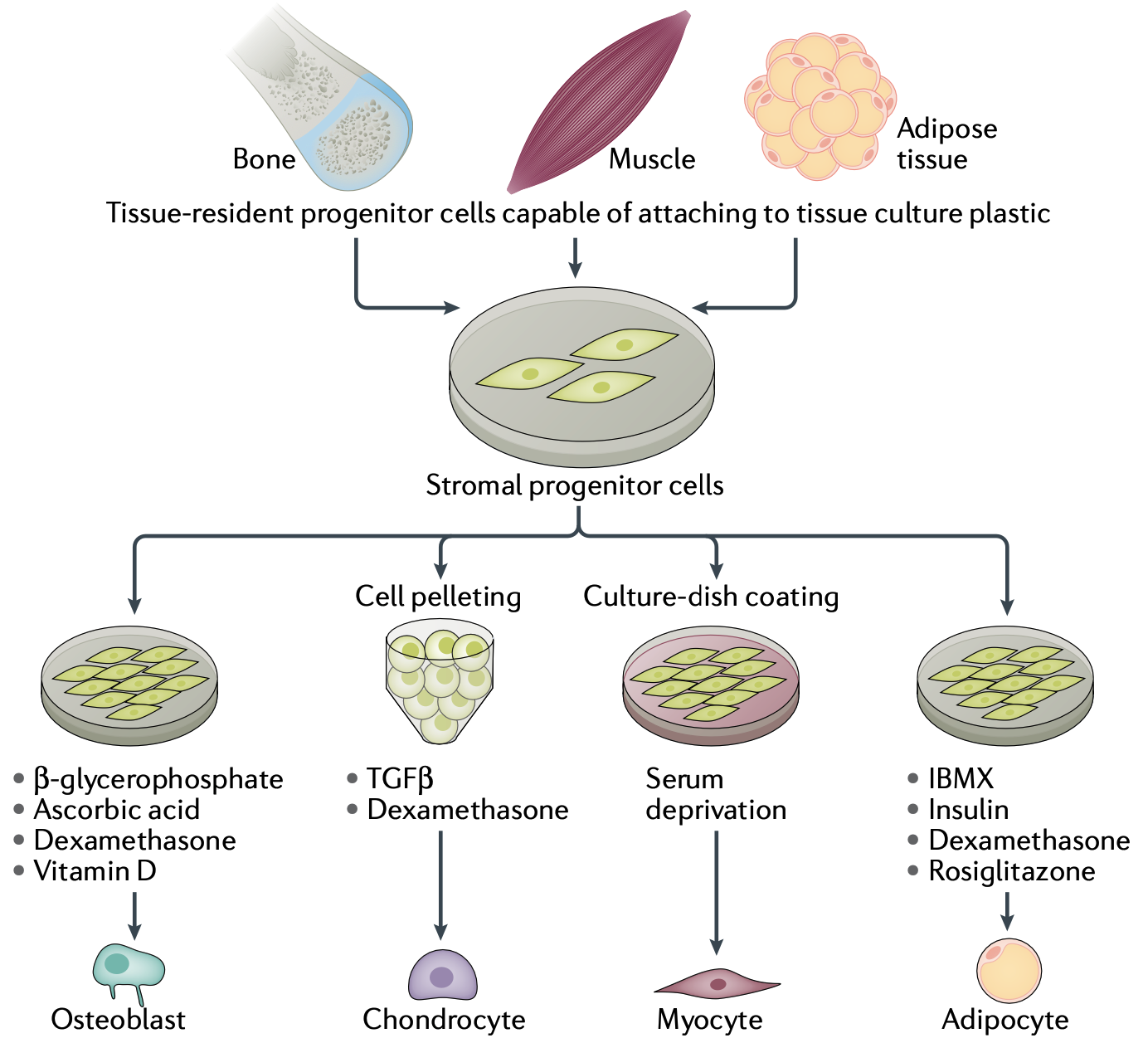Stromal progenitors are found in many different tissues, where they play an important role in maintenance of tissue homeostasis owing to their ability to differentiate into parenchymal cells. These progenitor cells are differentially pre- programmed by their tissue microenvironment but, when cultured and stimulated in vitro, these cells — commonly referred to as mesenchymal stromal cells (MSCs) — exhibit a marked plasticity to differentiate into many different cell lineages.
In this review Asst. Prof. Alexander Rauch and Professor Susanne Mandrup review recent advances in the understanding of the transcriptional networks driving stromal cell lineage determination and differentiation. These advances provide important mechanistic insight into the transcriptional control of cellular lineage determination, which can be used to improve the understanding of human diseases and for the development of cell- based therapeutic applications. Differentiation of stromal cells is important for tissue function and plasticity, aspects that we study in ATLAS.

The epigenomic plasticity of stromal cells serves as excellent model systems for studying cellular differentiation. Stromal cells can be isolated from many different tissues and induced to undergo in vitro differentiation towards several different connective tissue lineages dependent on the culture conditions (Rauch and Mandrup, 2021)